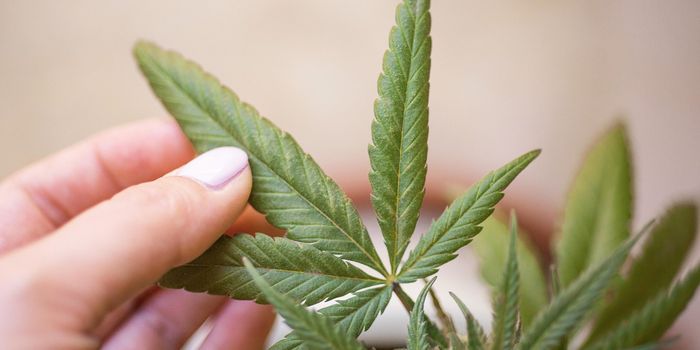Adolescent THC Exposure Alters Metabolism and Fat Cell Function
An ongoing metabolic mystery is how people who use cannabis and get the ‘munchies’ are leaner and less inclined to diabetes. Now, researchers at the University of California, Irvine, have a possible answer: adolescent exposure to low doses of THC disrupts adult metabolism. More specifically, their study, published in Cell Metabolism, reveals that adolescent exposure to low-dose THC, the primary psychoactive compound in cannabis, disrupts energy balance and adipose organ homeostasis in adulthood.
The study utilized a mouse model to test the effects of daily low doses of THC on adolescent mice. After a period, they ceased these doses, and the mice progressed into adulthood without ‘drug use,’ where the researchers began an analysis of the mice’s metabolism. There was also a control group of mice that were not treated with THC. What they found was that those who had been treated as adolescents were leaner and had reduced body fat indices. These mice were more resistant to obesity and hyperglycemia but also had higher body temperatures and could not turn body fat into fuel.
Digging deeper into the molecular level of these changes, the team found that the fat cells of the mice that were treated with THC were producing muscle proteins, while the muscle -which would typically be producing these proteins- was producing significantly less than they should, thus interfering with the normal function of both cells and resulting in their inability to regulate nutrient storage correctly; something that could impact not only the body but the brain.
Daniele Piomelli, Ph.D., director of the UCI Center for the Study of Cannabis, the Louise Turner Arnold Chair in the Neurosciences, and professor in the UCI School of Medicine Department of Anatomy & Neurobiology, noted that the effects of cannabis “extend well beyond the brain. Its main constituent, THC, mimics a group of chemical messengers called endocannabinoids, which regulate important functions throughout the body. Our results show that interfering with endocannabinoid signaling during adolescence disrupts adipose organ function in a permanent way, with potentially far-reaching consequences on physical and mental health.”
These findings highlight the need for more research that explores the impact of cannabis use on long-term health outcomes. The study’s results not only have implications for individuals who use cannabis but also provide insights into the broader regulation of energy balance and adipose tissue function. As the scientific community continues to investigate the effects of cannabis, this research serves as an important contribution to the understanding of its physiological and metabolic impacts.
Sources: EurekAlert!, Cell Metabolism, UCI School of Medicine









